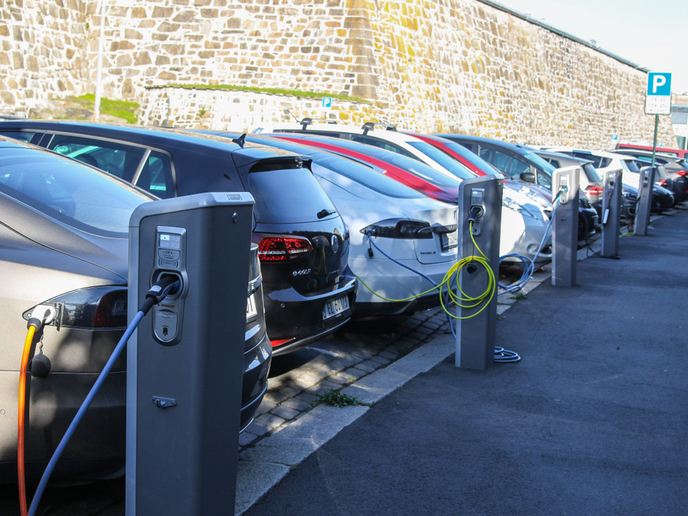A step closer to zero-emission electric transport
With the rise of EV technology use in bikes, cars, buses, trams and trains, there’s a growing need for preparing urban energy systems and transport infrastructures for a new mobility future. The EU-funded GreenCharge project is doing exactly that, developing business models for sustainable EV charging solutions in cities that use locally produced green energy. These “will focus on enabling the mutualisation of excess capacity of private RES [renewable energy sources], private charging facilities and the batteries of parked EVs, leveraging fair gain sharing to ensure sufficient incentives for all stakeholders to participate,” as stated on CORDIS(opens in new window). A news item(opens in new window) on the EU’s CIVITAS initiative website summarises the progress of the GreenCharge project’s technology and business models that are tested in the pilot cities of Barcelona, Bremen and Oslo. “In Oslo (Norway), photovoltaic solar panels and charging points were installed at flats belonging to the Røverkollen housing cooperative, providing access to cost-efficient and renewable charging facilities for inhabitants. … In order to manage the capacity of the electricity grid whilst ensuring that residents can charge their EV within a certain timespan, new charging infrastructure has been deployed in their garage that operates with a demand management functionality.”
Pilot cities
The pilot in Barcelona focuses on shifting away from fossil fuel-powered motorbikes and scooters towards light EVs like e-bikes or e-scooters. “In three demonstration cases, e-mobility solutions are being tested that cover: booking and charging; smart charging management to foster self-consumption of renewable energy; and e-mobility sharing services,” the same news item states. “In addition, different battery charging profiles will be tested to investigate their relative impacts on the health of batteries and ability to extend battery lifespans. Results of these tests will be included in the charging strategies of the overall charging management system.” As for the pilot in Bremen, the goal is to integrate EVs into car-sharing systems and to use renewables and stationary batteries to balance peak demand involved with charging. “Shared electric cars are now located in residential neighbourhoods and combined with public transport at Bremen’s ‘mobil.punkt’ stations,” the news item adds. “In business areas, booking enforcement for priority charging is also being tested as a way to overcome range anxiety, i.e. the fear that a vehicle has insufficient ‘range’ to reach its desired destination.” The GreenCharge project will ultimately reduce traffic congestion, help end parking problems, and provide clean and reliable energy solutions for citizens’ transportation needs. Taking into consideration the motivations of all stakeholders, including residents, local and national authorities, electricity providers and renewable energy producers, GreenCharge is developing a smart charging system that lets people book charging in advance so that they can easily access the power they need. The project’s case studies in cities are supported by computational simulations, covering variables such as energy generation, charging usage and revenue. Some 12 uptake cities will learn from the project’s 3 pilot cities through site visits and an advanced webinar programme. For more information, please see: GreenCharge project website(opens in new window)
Countries
Norway



